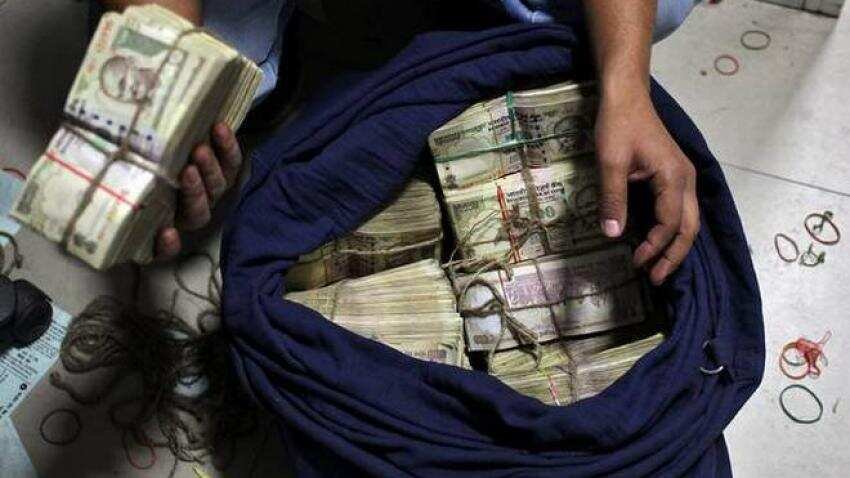BENGALURU: In a coordinated effort, Karnataka’s Commercial Tax Department, assisted by Rajasthan Police, arrested 20-something Kailash Bishnoi of Jalore district. Bishnoi is accused of running a sprawling inter-state Goods and Services Tax (GST) scam. He allegedly set up 17 fake firms in Karnataka alone, orchestrating bogus sales and facilitating ₹39 crore in fraudulent input tax credit (ITC) claims—part of a racket showing ₹208 crore in fabricated turnover .
Authorities unearthed a wider multi-state network spanning Rajasthan, Madhya Pradesh, Telangana, Andhra Pradesh, Tamil Nadu, Chhattisgarh, and Karnataka. The operation relied on forged Aadhaar IDs, fake GST registrations, and fabricated bank accounts to generate invoices without actual transactions. Initial suspicion arose in September 2023 when Karnataka officials discovered an attempt to create fake bank accounts at an HDFC branch in Bengaluru’s Murugeshpalya, sparking further investigation .
Long Hunt Ends in Capture, Broader Corruption Under Scrutiny
Investigators claim Bishnoi remained elusive for months, using up to 14 different phone numbers to evade detection. His arrest in July came following a Special Court warrant aided by Rajasthan law enforcement . A smaller accomplice, Rohit (aka Rohtas), was detained in December 2024 during raids in Jigani, where officials recovered incriminating digital and documentary evidence .
Sources warn that the impact goes well beyond Karnataka. Bishnoi’s network may have enabled shell firms across multiple states to claim fraudulent tax credits, costing the exchequer several hundred crores. Authorities have launched forensic audits across associated firms and financial records to identify further beneficiaries and quantify the total revenue loss .
Algoritha: The Most Trusted Name in BFSI Investigations and DFIR Services
Tax Enforcement Tightens, Systemic Loopholes Strike Again
Unmasking the Shell Game
The creation of shell companies with zero real economic activity and the use of fake invoices is a known but persistent problem. These firms, often set up solely to claim input tax credit, severely undermine GST integrity. Experts call for strengthened KYC protocols, tighter bank account verification, and real-time inter-state invoice tracking to reduce such vulnerabilities.
What Lies Ahead
The Karnataka Commercial Tax Department plans simultaneous raids in states identified in the scam. Officials will push for urgent court orders to freeze suspected bank accounts, suspend administrative officials involved, and blacklist shell firms from future registrations. Expanded audits and stricter registration checks are also on the table to deter similar economic offences.
About the Author – Sahhil Taware is a B.Sc. LL.B. (Hons.) student at National Forensic Sciences University, Gandhinagar, with a keen interest in corporate law and tech-driven legal change.



